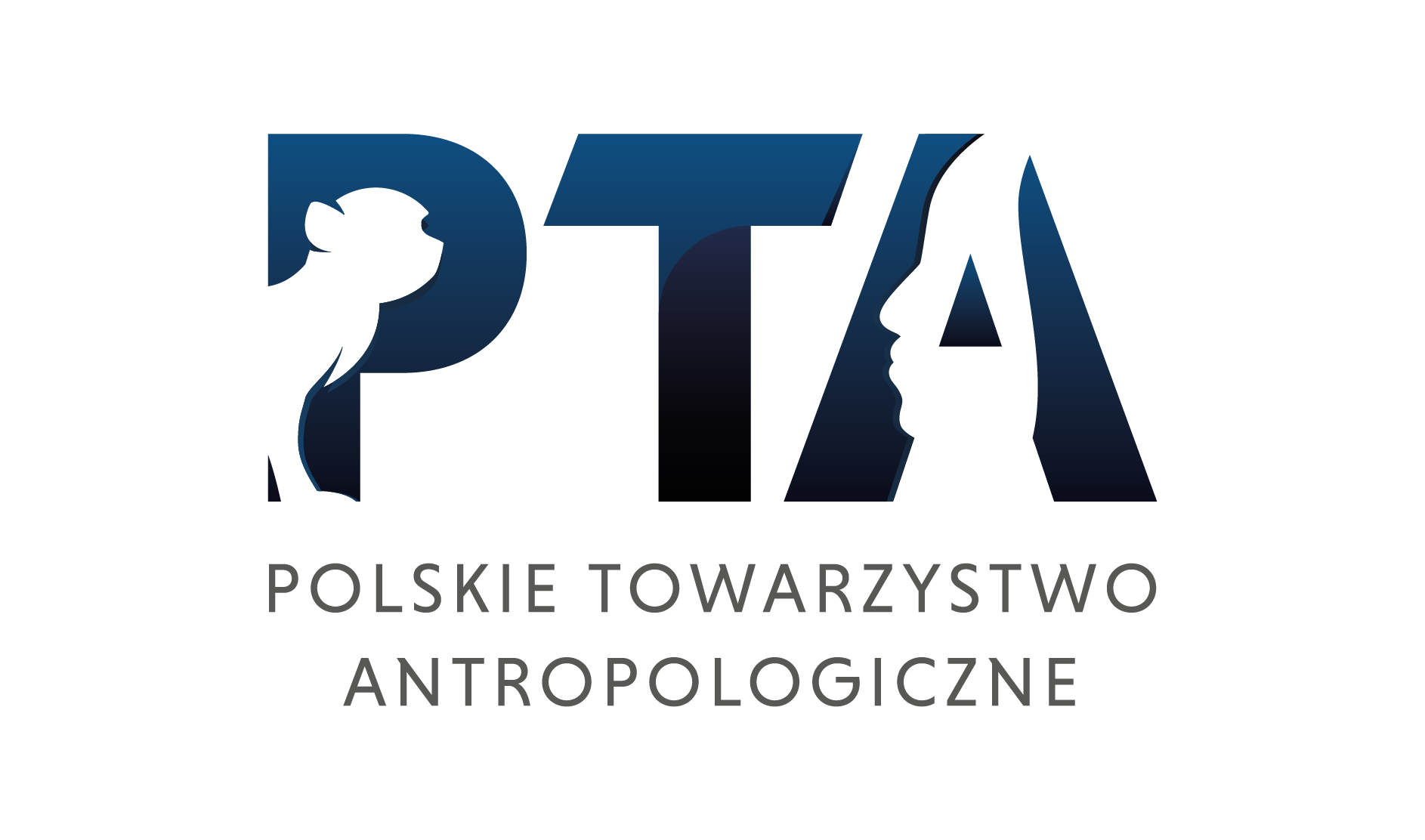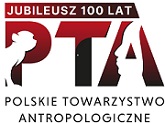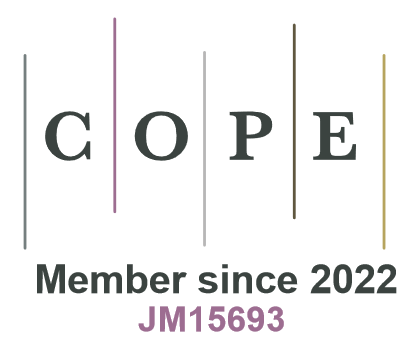The Notion of Altruism in Sociobiology
DOI:
https://doi.org/10.18778/1898-6773.49.1-2.23Abstract
Questions concerning altruism have a long tradition in the history of human thought. Altruistic behaviour was treated as a moral imperative, often backed by religious sanctions.
Philosophy for long has an interest in altruism, especially in context of considerations upon the „human nature”. Views related to this question may -be grouped into three categories: 1. altruism is a part of human nature (A. Comte, J. S. Mill), 2. human nature is egoistic (T. Hobbes, social darwinism) 3. attempts at reconciliation of the two views (J. Bentham, H. Spencer). Altruism only recently became a topic of consideration in biological studies on behaviour (ethology). It has been found that altruistic behaviour occurs within three ranges of behavioural phenomena: mutual warning and defense, aid in care for offspring, and exchange of food. On grounds of ethology altruism was hardly explainable mainly because of individualistic notion of the natural selection.
Sociobiology has helped to overcome these difficulties basing its explanation of altruism on a mechanism of group selection. According to this way of explanation it is „profitable” to an individual to aid others (altruistic behaviour), the more so, the highest probability that they have common genes. Behavioural pat[1]terns based on group selection are called “sound altruism” for they lead to maximization of a particular genetic endowment. Such behaviour is observed, first of all, in insect “societies and states”. In birds and mammals there appears a “weak altruism” based on mutual profits (principle of mutuality). The weak altruism based on the principle of reciprocity plays an important role in understanding of human society. Behaviour aimed at exacting unfounded altruistic services from others develops already in animals. In humans “behaviour profitable for others” develops as a result of accepted or forced upon an individual system of non-biological values. Such behaviour is frequently enforced consciously.
In both humans and animals there occurs egoistic behaviour aimed at satisfaction of individual desires (especially when resources are scarce). It is frequently related to aggression towards other individuals. Altruistic behawiour is often related to group egoism (it occurs already in social insects). However egoism as an instrumental principle appears only in humans (treatment of other members of a society as means to achieve a certain goal is a product of highly developed human society). The “egoistic principle” treated as a maximization of self-profit is even looked upon as a basic principle of the classical and the neo-classical political economy.
“Absolute altruism” does not occur in nature as well as destructive egoism, The first does not give any selective advantage to any individual and its relatives while the latter is unequivocaly disadvantageous for both an individual and other members of his group. Hence both types of behaviour are eliminated by natural selection. They occur only rarely as a result of non-biological values forced upon an individual or accepted by him voluntarily.
Downloads
References
Bernsdorf W., (Hrsg), 1969, Wörterbuch der Soziologie, Stuttgart.
View in Google Scholar
Bogdany F. J., 1980, Soziobiologie. Möglichkeiten und Grenzen der „Neuen Synthesis”, Kölner Zeitschrift für Soziologie und Sozialpsychologie, 32, H. 2.
View in Google Scholar
Eibl-Eibesfeldt J., K. Lorenz, 1974, Die stammesgeschichtliche Grundlagen menschlichen Verhalten, [w:] G. Heberer, (Hrsg.), Die Evolution der Organismen, Stuttgart.
View in Google Scholar
Ewer R. F., 1976, Ethologie der Säugetiere, Berlin—Hamburg.
View in Google Scholar
Francis E. K., 1981, Darwins Evolutionstheorie und der Sozialdarwinusmus, Kölner Zeitschrift für Soziologie und Sozialpsychologie, 33, H. 2.
View in Google Scholar
Giesen B. und Ch. Lau, 1981, Zur Anwendung Darwinistischer Erklärungsstrategien in der Soziologie, Kölner Zeitschrift für Soziologie und Sozialpsychologie, 33, H. 2.
View in Google Scholar
Glasenapp H. v., 1966, Religie niechrześcijańskie, Warszawa.
View in Google Scholar
Klopfer P., 1974, An Introduction to Animal Behavior: Ethology's First Century, Englewood Cliffs N. J.
View in Google Scholar
Lorenz K., 1954, Moral-analoges Verhalten geselliger Tiere, Forschung und Wirtschaft, 4.
View in Google Scholar
Lorenz K., 1975, Tak zwane zło, Warszawa.
View in Google Scholar
Manning A., 1976, Wstęp do etologii zwierząt, Warszawa.
View in Google Scholar
Morris D., 1974, Naga małpa, Warszawa.
View in Google Scholar
Sershantow W. F., P. A. Makkawejski, W. A. Martschenko, 1980, Organismus — Persönlichkeit — Krankheit, Jena.
View in Google Scholar
Trivers R. L., 1971, The Evolution of Reciprocal Altruism, Quarterly Review of Biology, 46.
View in Google Scholar
DOI: https://doi.org/10.1086/406755
Wickler W., 1975, Die Biologie der Zehn Gebote, München.
View in Google Scholar
Wilson E. O., 1975, Sociobiology: The New Synthesis, Cambridge (Mass.) — London.
View in Google Scholar
Wilson E. O., 1978, On Human Nature, Cambridge (Mass.) — London.
View in Google Scholar
Wilson E. O., 1980a, Grundprobleme der Soziobiologie, [w:] R. May, (Hrsg.), Theoretische Ökologie, Weinheim—Deerfield Beach— Basel.
View in Google Scholar
Wilson E. O., 1980b, O naturze ludzkiej, Prezentacje, 10.
View in Google Scholar
Downloads
Published
How to Cite
Issue
Section
License

This work is licensed under a Creative Commons Attribution-NonCommercial-NoDerivatives 4.0 International License.








